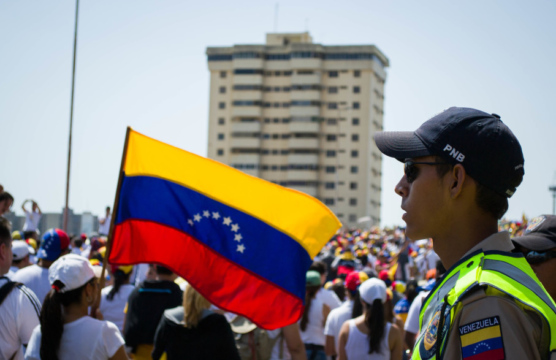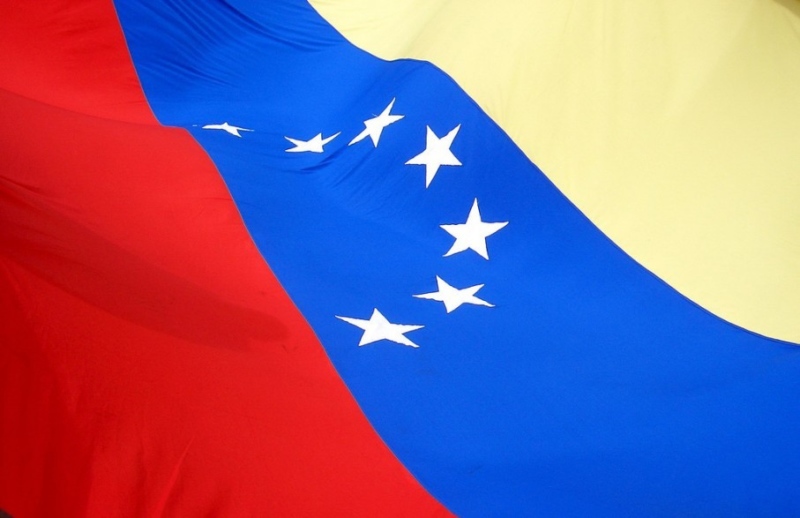
Latin America Must Act
Can the government led by Nicolas Maduro survive the wave of street protests that have spread throughout Venezuela over the past two weeks?
With crude oil prices down 25 percent since June and holding at roughly $86 a barrel on Tuesday, Venezuela is getting nervous. Lower prices will put greater strain on Venezuela’s oil-reliant economy as its government struggles with growing macroeconomic imbalances. Yet even with all the problems that reduced oil prices create for his administration, President Nicolas Maduro is doubling down on his current policies. By stalling in the hopes of a bailout in the form of higher oil prices or Chinese credit, instead of attempting politically unpopular restructuring, Maduro is ignoring cracks in his political and economic program.
Booming commodity prices allowed Venezuela, which boasts the world’s largest proven oil reserves, to spend beyond its means for much of the past decade. But slack demand, coupled with a partial recovery among Middle East producers and booming shale oil output in North America, have triggered a reverse in prices. Crude oil values plummeted from an average of more than $105 per barrel earlier this year to a four-year low of $82.60 last week on the Brent index. These changes will be keenly felt in Venezuela, where oil accounts for more than 95 percent of the country’s exports and approximately 45 percent of government income.
The drop in crude prices will diminish Venezuela’s export earnings, exacerbating the country’s fiscal deficits and curbing its ability to accumulate foreign exchange. The country’s budget deficit already exceeded 10 percent of GDP in 2013, a year when oil prices remained relatively high. The government’s shortfall should further increase this year if the value of Venezuela’s only major export stays well below the estimated $120 per barrel needed for the country to balance its budget. Meanwhile, tight trade restrictions and a distortionary exchange regime have reduced non-oil fiscal revenues to just 14 percent of the country’s GDP, leaving the government with few options for raising additional funds.
Can the government led by Nicolas Maduro survive the wave of street protests that have spread throughout Venezuela over the past two weeks?
Deadly protests, the largest since President Nicolás Maduro’s election last year, have wracked Venezuela in recent weeks.
Events in the Ukraine have lifted the morale of anti-government protestors in Venezuela and elevated their expectations.
 Ruurmo / CC BY-SA 2.0
Ruurmo / CC BY-SA 2.0